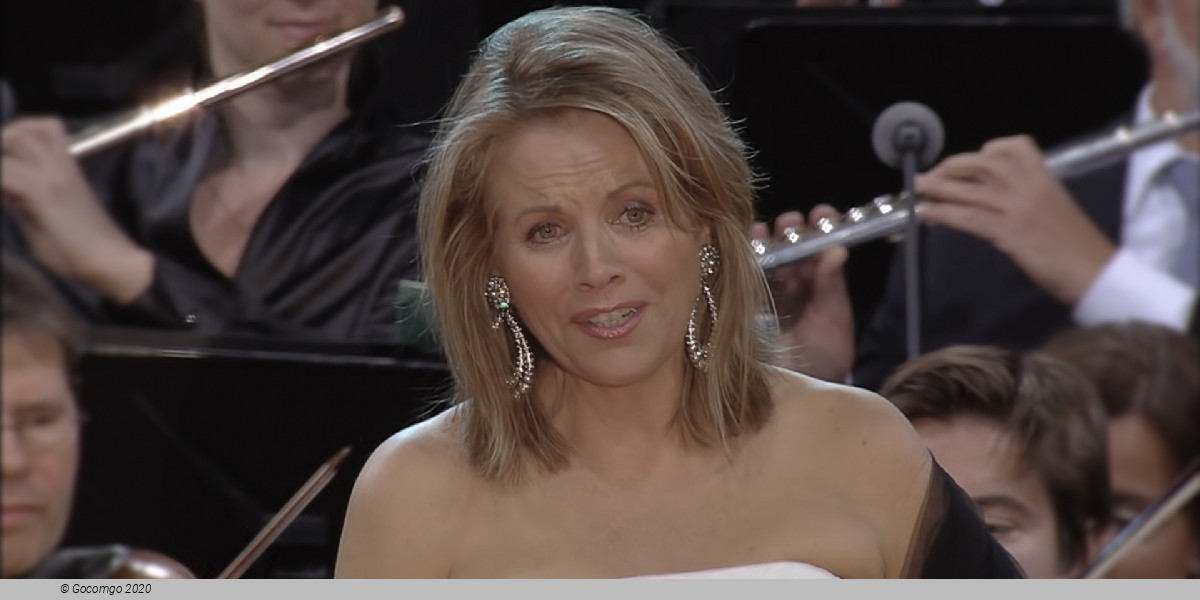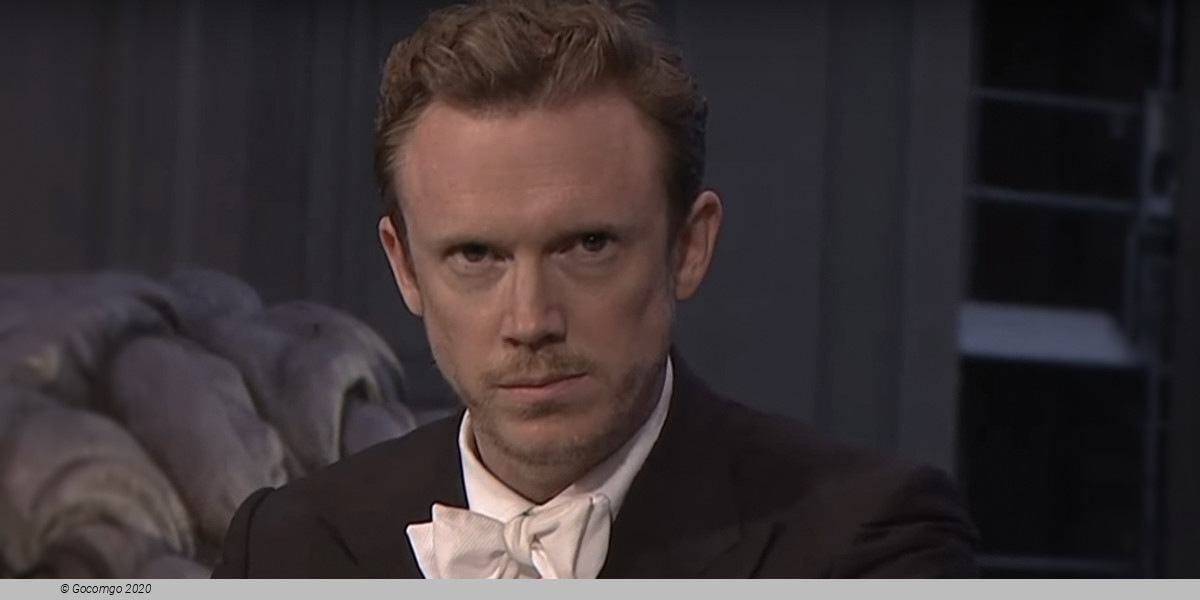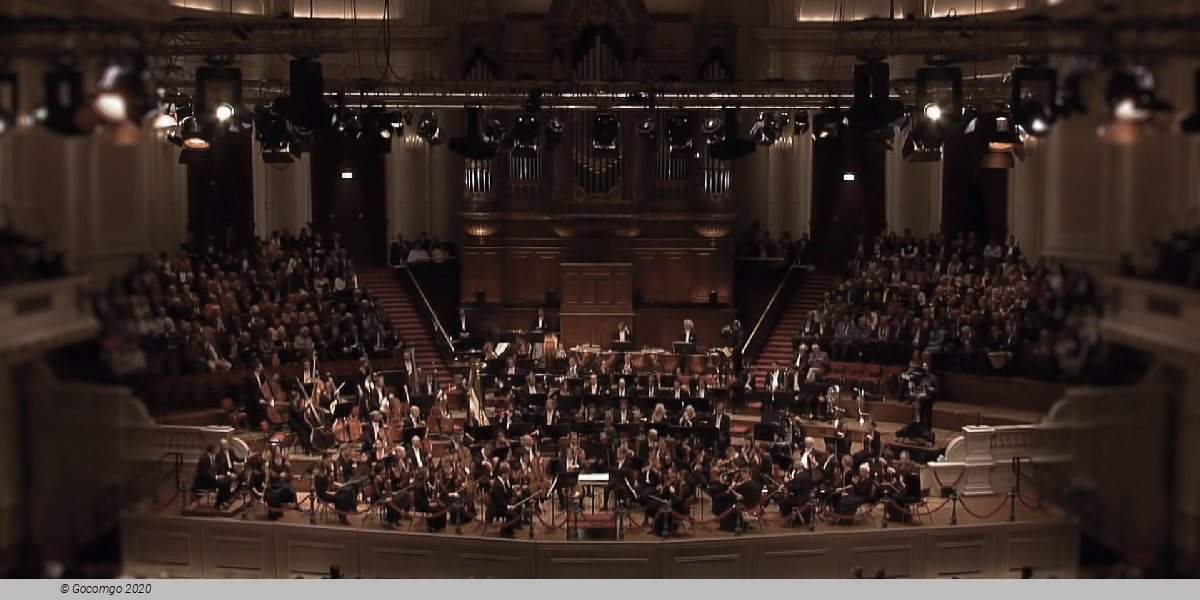Dzintari concert hall is one of the most favorite places in Jurmala and its story has began at the end of 19th century. Even on twenties of 20th century it was known as a concert park of health resort of Edinburgh.
The concert life of Jurmala is very alive since the end of the 20th century. There were concert halls in Melluzi, Dubulti, Majori and Bulduri and they were competitive with concert halls in Edinburgh. All of them were very well attended.
As it is known a health resort was a place where rich people came to relax. They were aristocrats, manufacturers, traders, so well educated people who expected an entertainment of high class. At the end of 19th century one of the popular entertainment of high class was concerts. The most popular were symphony concerts, but there were places where the most popular was a light music, variety shows and even circus. Of course people loved classic dance music those times as well. These classic concerts were performed by orchestras from Berlin, Prague, Warsaw, St. Petersburg and Moscow.
There were not any municipality at that time and therefore holidaymakers had to organize events by themselves. As a result of this need for entertaining there were made some special associations which took care not just of entertaining guests, but also they did improvement of streets, lighting, cleaning up, flushing streets; security of summer cottages at the winter period, creating new parks and gardens, took care of cultural life. Well, associations did all these and other things like municipalities use to do, but only on public principles and by collecting money.
Some architect, contractor and patron of art Kristap Morberg (1844-1928) was very famous and lived between Bulduri and Majori and belonged to the associations, as well as many other manufacturers and the sovereign civil service of czar's authority. They all were very smart people with wide view of the future who found the strategically gainful occupation and it was following: when the duke of Edinburg married the grand duke Maria, who was the daughter of czar Alexandr II on 23d March, 1874, the association organized great evening for their wedding and as a result of it, the association renamed itself and this area by name Edinburg, and planned to build theatrical stage. As they needed financial support for stage building, the association appealed to emperor.
Year 1897
So shortly there was built a stage "between Bulduri and Majori".
Since foundation of the concert park of Edinburg, there was more of light music and lot of dancing nights, operetta, variety shows. But the concert life changed so fast on 1910- there were hired an orchestra of 70 performers from Berlin, which conductor was Mr. Frans Blon. It was an impressive event in whole concert history of Jurmala. Performers came even from tsarist Russia and there was found a symphonic orchestra of Edinburg which conductor was Gvido Samson- Himmelstjern.
But unfortunately this season of philharmonic orchestra of Warsaw was stopped by World War I.
The active concert life restarted again at the beginning of twenties of 20th century. When there still were fights of liberty, the symphonic concerts restarted by National Opera orchestra, its very active conductor was Albert Berzinsh.
Edinburg was renamed as Dzintari on 1922. The first couple seasons there was a struggle for the audience- for not so large amount of audience from Riga and for holidaymakers. However the situation changed and the association invited popular conductors from Europe such as Rihard Hagel (Berlin), Gzegoz Fitelberg (Warsaw), Nikolaj Malko (St. Petersburg). So the audience and crowds returned in concert hall of Dzintari.
Year 1930
The last season for orchestra of National Opera had on 1930 as after there was another man who took responsibility of organizing concerts and his name was Arvids Parups and his great Radiofon symphonic orchestra (with increased staff). There were guest conductors and guest soloists, the best domestic conductors and soloists, much more compositions of Latvian composers.
However it was a fall in the season of 1935 and the reason was cold and rainy weather, unpopular and unloved conductor Antonio Kapdevila from Barcelona who made a financial losses.
Year 1936
Arvids Parups put an end on these failures by demanding town that it has to build an indoor concert hall. So on 27th June of 1936 was opened a new season and on 25th July was built a new indoor concert hall by architects Viktors Mellenbergs and Aleksandrs Birzenieks.
The first concert was by Radiofon symphonic orchestra and by conductor Leonids Vigners who performed his composition "Minuet in classical style".
The following summers the concert hall was crowded with around 30 000 people.
But the World War II came and stopped again the concert life of Dzintari. After this War the concerts slowly restarted again.
Year 1962
New opened concert hall was built by architect M.Gelzis on 1962. This concert hall of Dzintari became the most popular and the most prominent concert hall of health resort in whole Soviet Union.
The season of concerts was lasting for three months- from June till August. The Latvian orchestras usually performed on June, but the guest orchestras from Moscow, Leningrad or other USSR cities- on July and August.
Famous soloists came to Dzintari, like G. Bashkirov, L.Berman, A.Lubimov, G.Kremer, V.Spivakov, M.Vainman, M.Homicer, M.Rostropovich and others.
There were special concerts performed by prominent foreign music bands like National symphonic orchestra from Warsaw (1959), Royal symphonic orchestra from Denmark (1966), symphonic orchestra from Berlin (1972).
Dzintari concert hall becomes a very well attended place of chamber music and light music on seventies and eighties of the last century.
The conference of Chatokva happened in Dzintari on 1986 which was the first messenger and it indicated of changes about oncoming of Baltic. This conference was attended by public representatives from USA and USSR.
Slowly the many important cultural projects became real after country revival of independence, like "Ballet stars in Jurmala", Gidon Kremer and his chamber orchestra "Kremerata Baltica", festival "Summertime- invites Inese Galante", Festival of Opera music, as well as many other concerts of Latvian bands. Also festival of humor "Jurmala", "Club of Cheerful and Witty" and the international music festival "New Wave".
It is a quite increase of amount of concerts by every season since 2000.
Today Dzintari Concert Hall is one of the most popular concert venues in Latvia.





 Turaidas Street 1
Turaidas Street 1